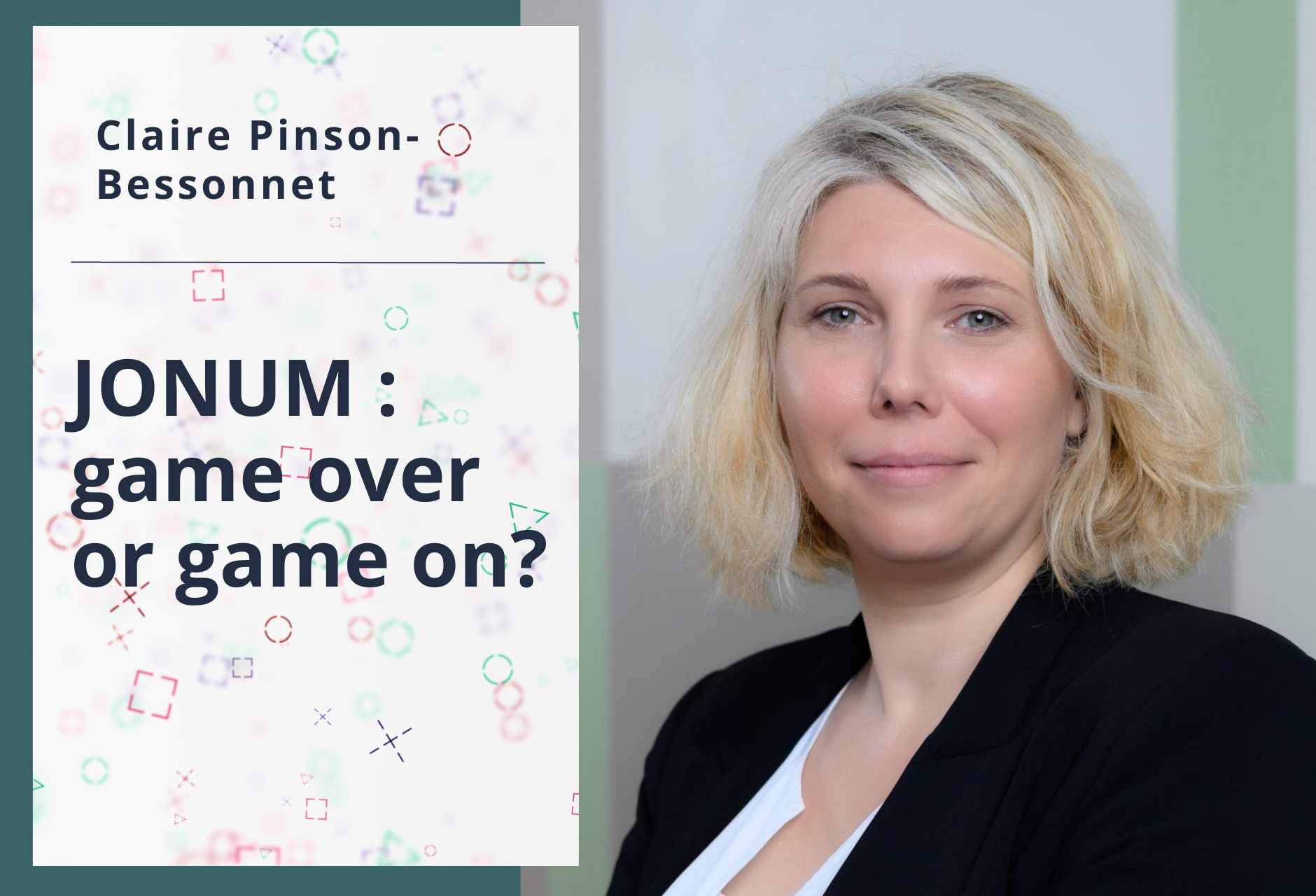Outcomes – First round of the French Presidential Election
11 April 2022
The first round of the presidential election was held yesterday, April 10th, with 12 candidates in the running. Below are their respective scores. Only the two highest-scoring candidates in the first round will go face-to-face in the second round.
| Candidate | Estimated Score
(NB: Vote counting continues) |
| Emmanuel Macron (presidential majority) | 28,10% |
| Marine Le Pen (far right) | 23,30% |
| Jean-Luc Mélenchon (far left) | 21,20% |
| Eric Zemmour (far right) | 7,30% |
| Valérie Pécresse (Conservatives) | 5,10% |
| Yannick Jadot (Greens) | 4,50% |
| Jean Lassalle (center right) | 2,80% |
| Fabien Roussel (Communists) | 2,50% |
| Nicolas Dupont Aignan (Conservatives) | 2,10% |
| Anne Hidalgo (Socialist Party) | 1,80% |
| Philippe Poutou (far left) | 0,70% |
| Nathalie Arthaud (far left) | 0,60% |
The choice of these two finalists did not come as a surprise, having been the favorites for the past few months despite some ups and downs, in what has been an extraordinary campaign, marked in particular by the global pandemic and the outbreak of war in Ukraine a few weeks before the French elections.
What also makes this election different was the level of abstentionism, which is rather high, by reference to the French electoral tradition – estimated at 27,9% (as compared to 22.23% in 2017 for example) – but remains high in comparison to other democratic countries.
Today, given the campaign dynamics and the outcomes of the first round, the second round could be tight, notably considering the extent to which Marine Le Pen has managed to “soften” her image and normalize her party in her blandest campaign so far.
Another particularity of this election is that up until a few weeks ago, there was no doubt that Macron would beat Le Pen in the second round thanks to the pool of votes held by him in reserve. Today, given the campaign dynamics and the outcomes of the first round, the second round could be tight, notably considering the extent to which Marine Le Pen has managed to “soften” her image and normalize her party in her blandest campaign so far (helped in this by Zemmour, who made her look moderate in comparison), her popularity beyond her traditional fishing grounds and her talent for campaigning, and the fragmentation of French politics.
So far, following the first results announcements, the contenders from the Conservatives (Valérie Pécresse), The Greens (Yannick Jadot) and the Communists (Fabien Roussel) clearly closed ranks behind Macron, whereas candidates of Socialists (Anne Hidalgo) and the far left (Jean-Luc Mélenchon) called on voters not to give their vote to the far right in the second round. The nuance is that the latter could also be advocating for abstentionism.
Marine Le Pen received the endorsement of the other far right candidate, Eric Zemmour.
Strategy in between rounds
Considering the narrow gap between the two finalists, alliances and endorsements will be decisive. Contrary to 2017, Marine Le Pen can count on a larger reserve of votes but many unknown variables will be at play and several factors will be decisive for the second round:
- Even if these votes do not belong to any candidate or party, endorsements contribute to creating momentum around a candidacy;
- The behavior of first-round abstentionists;
- The mobilization of a “vote barrage”, a defensive vote “to block” the far right, a phenomenon that has been largely experienced in previous presidential elections.
Another factor that might be decisive in between the two rounds is the traditional televised face-off between the two finalists.
Macron having dodged any debate with the other candidates so far, a debate between the two finalists will be all the more awaited and will surely weigh on the choice made by voters and have an impact on the campaign dynamics of both candidates.
The mobilization of a “vote barrage”, a defensive vote “to block” the far right, has been largely experienced in previous presidential elections.
It must be said that Emmanuel Macron does not excel in this type of exercise with which Marine Le Pen is generally more comfortable. While he came out dominant of their last face-to-face debate in 2017, this is largely due to the fact that she did not do her homework for the debate, trusting in her “natural” talent for this type of exercise. The risk is that the tables may be turned on April 20th, the date scheduled for the face-to-face debate. This time around Marine Le Pen, sometimes referred to by her initials MLP, will come prepared. For his part, Emmanuel Macron has shown in recent months that he has neither the taste nor the inclination to engage in a direct one-on-one confrontation with this opponent although his ability to think on his feet should not be overlooked.
Campaign mood for the second round
The “recomposition” of the political landscape theorized by presidential candidate Macron in 2017 to explode the traditional left-right divide has gone beyond his expectations. 2017 led to the balkanization of the traditional ruling parties, that is to say the PS (left part) and LR (Conservatives party) parties. In the days ahead, we will see how the political protagonists position themselves on the political chessboard but an educated guess would be that:
- On the right, the traditional conservative party (Les Républicains) will continue to be caught between the center-right positioning espoused by the candidate for re-election and the emergence of a conservative and reactionary bloc to its right, embodied by Éric Zemmour. It is reasonable to conjecture that the party will tear itself apart in the wake of April 11th.
- Some will defend the idea of supporting Macron and of entering into a grand coalition after the legislative elections;
- Others will defend the idea that only a “neither-nor” strategy permits protecting the (reduced) political space the party has if it is to have any hope of electing a large number of lawmakers to the National Assembly in the June legislative elections.
A lack of consensus could lead many party officials to rally around Macron before the second round and thus expand his political clout on the right.
A lack of consensus could lead many party officials to rally around Macron before the second round and thus expand his political clout on the right.
The position of former President Nicolas Sarkozy should also weigh on the party’s choice. He is not expected to make his position known before Tuesday.
On the left, a call to vote for Macron to block the road to power of Marine Le Pen is expected, with the possible exception of defeated first-round contender Jean-Luc Mélenchon.




